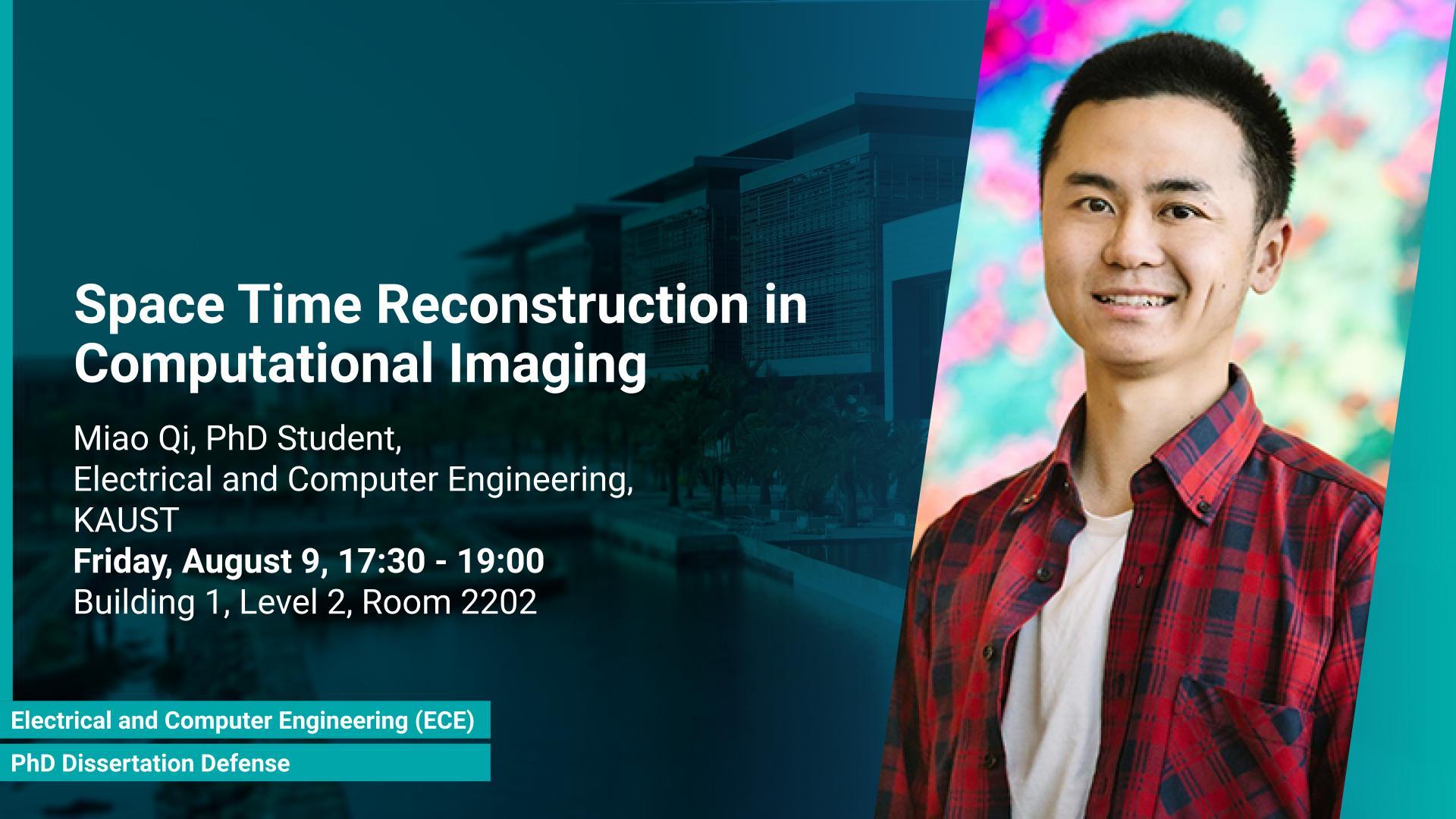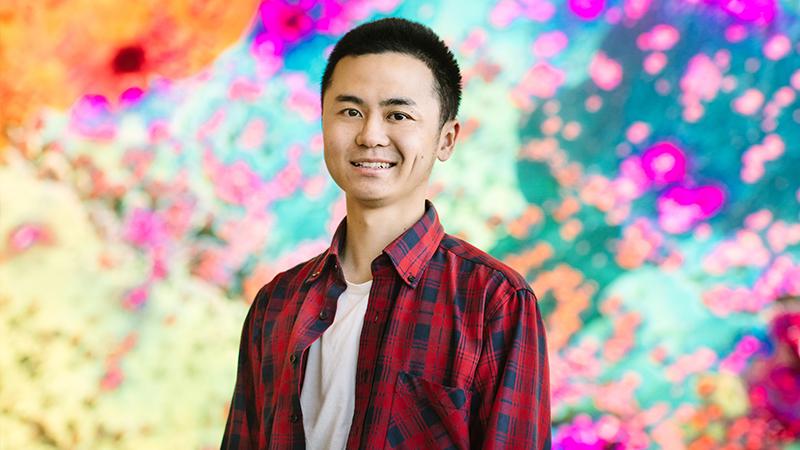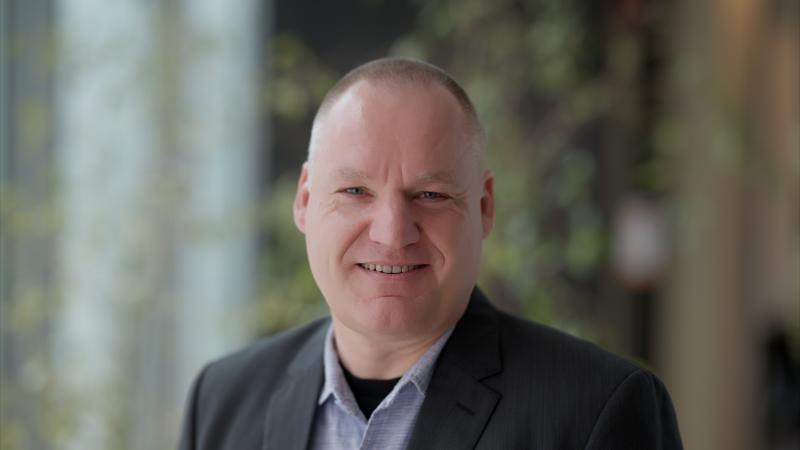Event Start
Event End
Location
Abstract
In this dissertation, two pivotal problems in space-time reconstruction are explored: the first is how to have a wider spatial-temporal bandwidth in the spacetime reconstruction. The second is how to use temporal and physical information to help with space-time reconstruction.
For the first problem, a high-speed camera compressive sensing application is used as an example to explain how to enlarge the bandwidth. We proposed an unrolled neural network to jointly design the encoding masks and reconstruct scenes for compressive high-frame-rate imaging. Our experiments showed that, for the same reconstruction quality, we can enlarge the spatial-temporal bandwidth.
For the second problem, a holographic particle imaging velocimetry (HPIV) problem is first used as an example to explain how to use the temporal information to help reconstruction. Our experiments showed that using the temporal coherence information and temporal physical properties of flow motion can significantly improve reconstruction.
In the HPIV example, we integrate temporal physical priors (incompressibility) into the joint optimization by the conventional pressure projection. However, conventional pressure projection methods are non-differentiable. To make it differentiable,we propose a differentiable network, HDNet, which extends the traditional divergence-free constraint to include both divergence free and curl-free physical constraints. To generate the paired training dataset, we propose a data synthesis method called Helmholtz synthesis. This method enables us to extend our framework to a wider range of applications.
Brief Biography
Miao obtained his master degree from Peking University. Currently, Miao Qi is an Electrical and Computer Engineering Ph.D. candidate in the Computational Imaging Group (VCCIMAGING) under the supervision of Professor Wolfgang Heidrich at the Visual Computing Center (VCC) at King Abdullah University of Science and Technology (KAUST). Miao Qi's main research interests are AI for science, computational imaging, fluid imaging.


